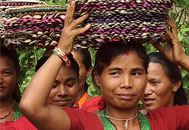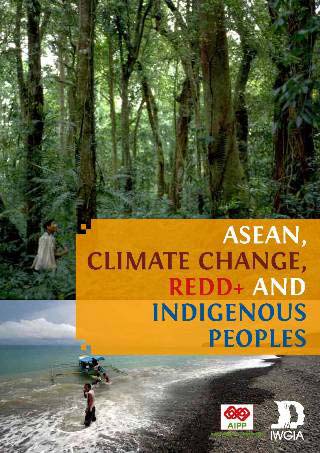Striking a Better Balance : Volume 4. Workshop and Project Visit Reports
In July 2001, the extractive industries
review (EIR) was initiated with the appointment of Dr. Emil
Salim, former Minister of the Environment for Indonesia, as
eminent person to the review. The EIR was designed to engage
all stakeholders-governments, nongovernmental organizations
(NGOs), indigenous peoples' organizations, affected
communities and community-based organizations, labor unions,
industry, academia, international organizations, and the




